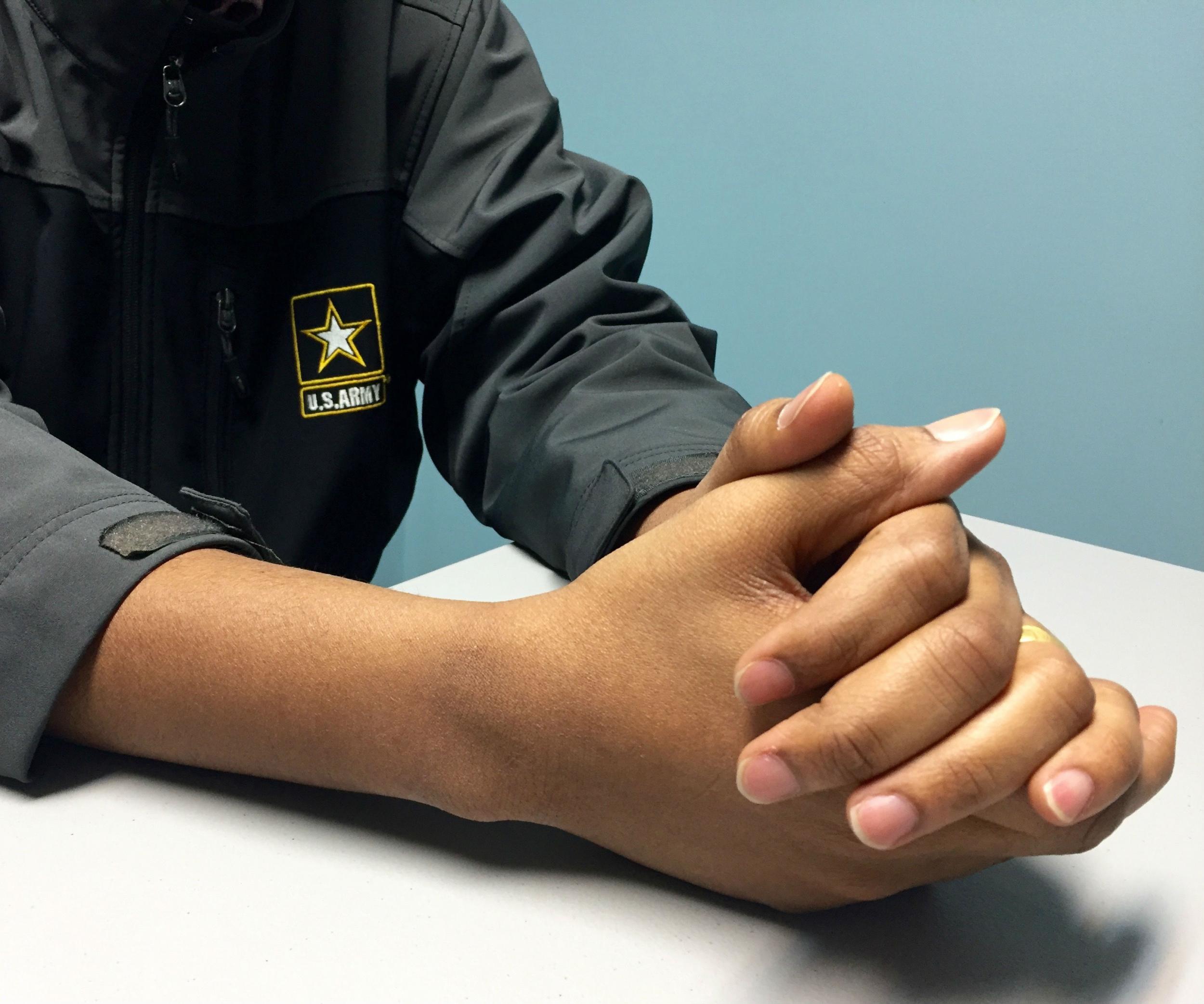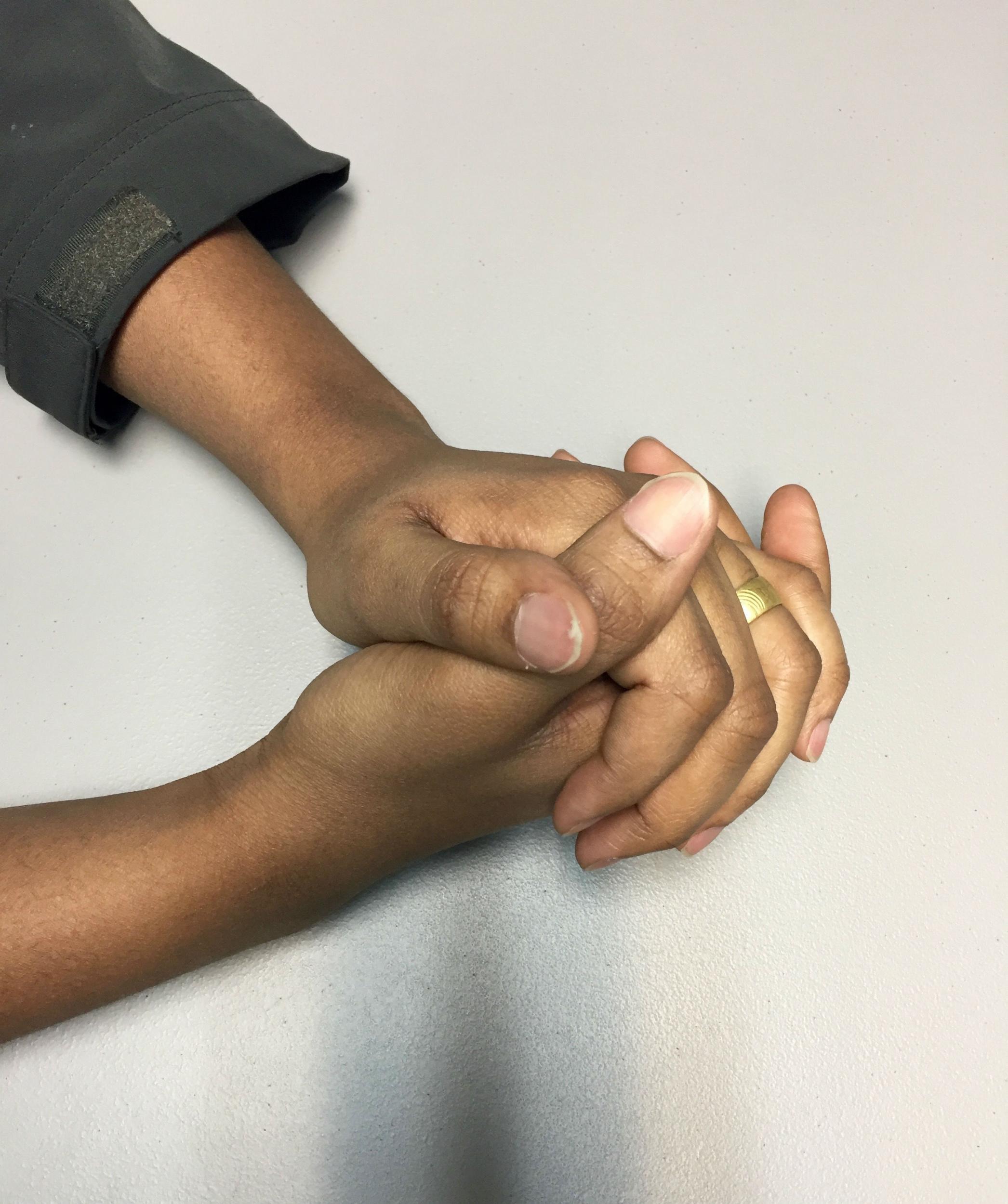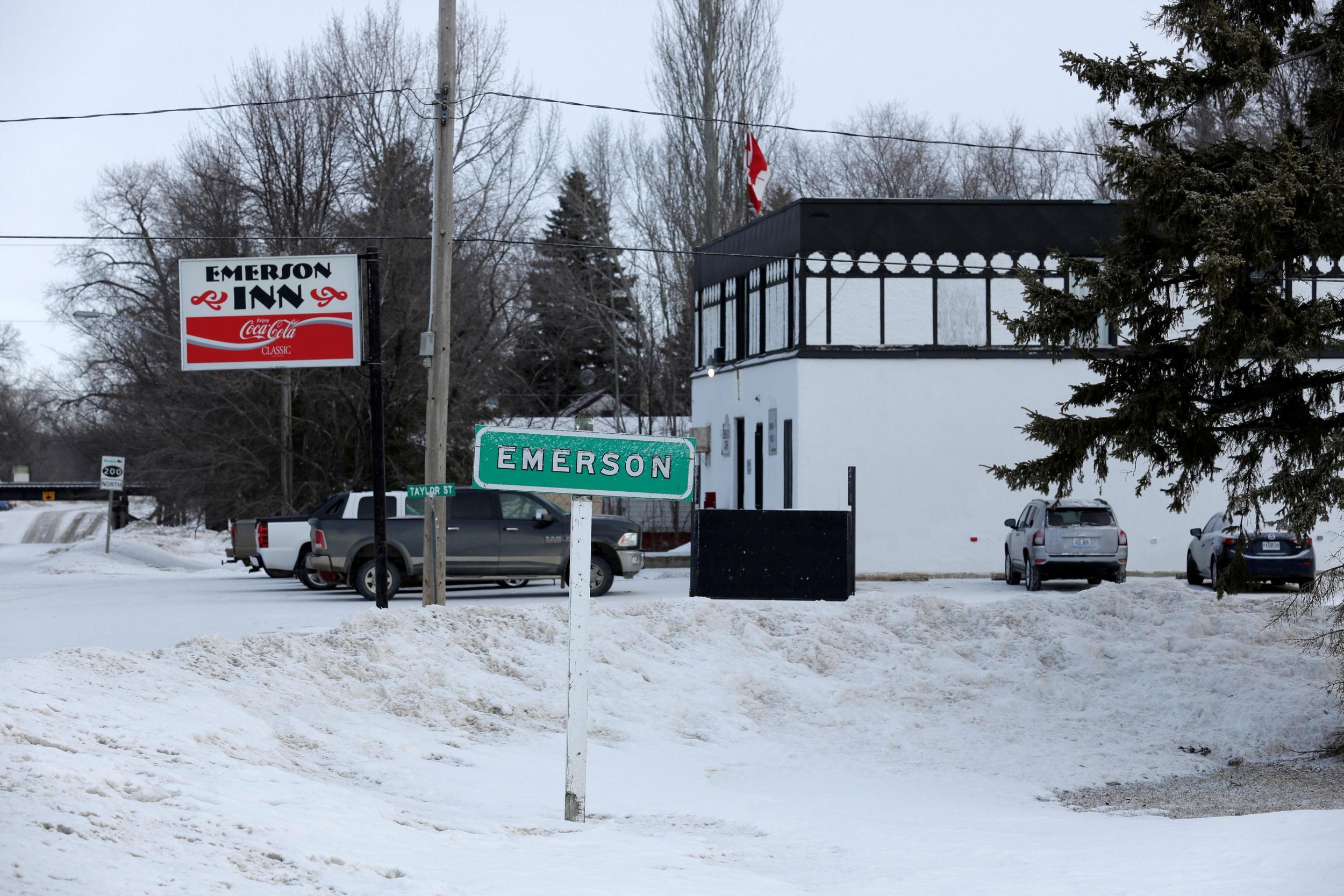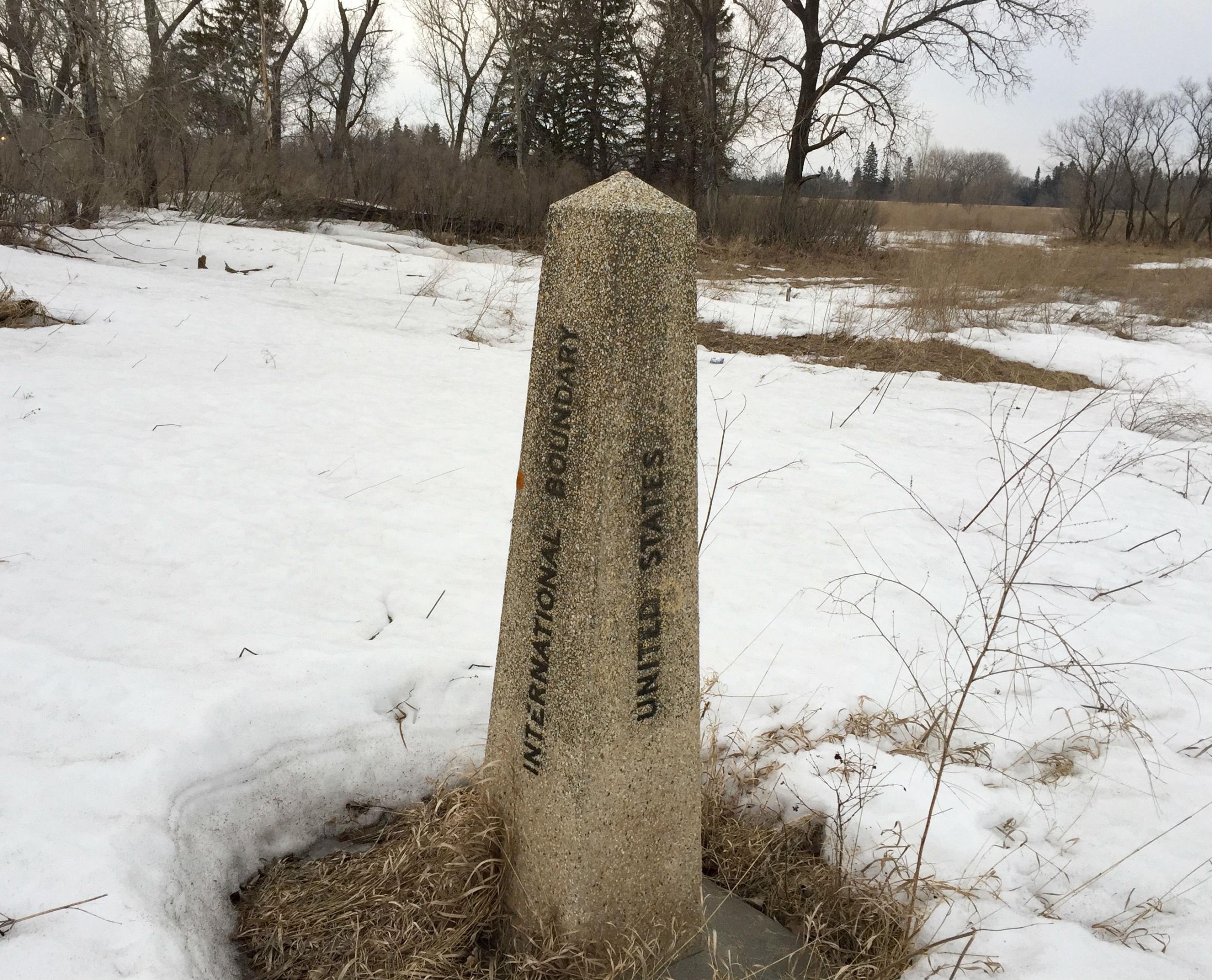Muhammad left Somalia to escape terror. Now he's fled to Canada to avoid Donald Trump's deportation crackdown
Exclusive: Dozens are risking their lives to make the journey northwards
Your support helps us to tell the story
From reproductive rights to climate change to Big Tech, The Independent is on the ground when the story is developing. Whether it's investigating the financials of Elon Musk's pro-Trump PAC or producing our latest documentary, 'The A Word', which shines a light on the American women fighting for reproductive rights, we know how important it is to parse out the facts from the messaging.
At such a critical moment in US history, we need reporters on the ground. Your donation allows us to keep sending journalists to speak to both sides of the story.
The Independent is trusted by Americans across the entire political spectrum. And unlike many other quality news outlets, we choose not to lock Americans out of our reporting and analysis with paywalls. We believe quality journalism should be available to everyone, paid for by those who can afford it.
Your support makes all the difference.Hands folded, then fingers pointing, explaining how he left his home in Somalia and travelled half way around the world. Explaining, with his face partly concealed by a scarf and hat belonging to a friend, how he slipped across the border and placed both feet on Canadian soil.
Muhammad, a 30-year-old from Mogadishu, left Somalia in the summer of 2015. Now, after a twisting journey, he had made it to Canada, one of hundreds of people who walked across the border since the election of Donald Trump and the immigration crackdown he set in place.
“That journey was horrible. It was not something I can say is easy,” he told The Independent, speaking in an accommodation centre established by migrants’ rights activists in Winnipeg, Manitoba.

“It’s crossing the top of the snow, [it’s] very cold, nighttime and the weather was cold. It was not an easy journey. We were walking one hour to cross the border to reach the other side in Canada.”
The businessman and interpreter is among the scores of migrants who have created an immigration flashpoint at points along the US-Canada border since Mr Trump was elected last November.
The Royal Canadian Mounted Police said it has arrested 1,134 migrants this year so far, the same as for all of 2016. Officials say the majority are from countries such as Somalia, other African nations, or which have seen war or conflict. More recently, the migrants have come from a longer list of nations, many of them in Latin America.
People in towns such as Emerson have largely looked at the refugees with sympathy. But they say they feel they are caught in a political push and pull, with Mr Trump pushing the migrants out, and Prime Minster Justin Trudeau, welcoming them. A recent survey found 60 per cent of Canadians supported welcoming refugees from Syria but felt there should be more screening.
Muhammad paid $5,000 to a coyote to take him to the US. The journey took six months, with the final leg being a boat journey from the Bahamas to Florida.
He was captured by the authorities almost immediately and detained. He was released on bail as he sought asylum and challenged an order that he be deported.
“The people from Somalia want to come to Canada. I would encourage my fellow Somalis not to try it,” he said. “I was not not expecting people to detain me and treat me like a criminal.”
He added: “I’ve never committed a crime. They treated me like a criminal. They treated me badly. They treated me very badly. They shackle you from hands to legs.”
Rita Chahal runs the Manitoba Interfaith Immigration Council in Winnipeg, which provided the emergency shelter for Muhammad and dozens of others.
Since the recent increase in the number of migrants, Ms Chahal has been subjected to racist abuse on social media. The council has had to employ security guards around the clock. It does not publicise the location of its accommodation centre.
She said she encouraged the media that visited the centre to focus not simply the numbers of people coming to Canada, but on the individuals themselves and the circumstances that have driven them to take such drastic steps.
She said the recent influx of migrants had coincided with with the election of Mr Trump. “You have to have the human faces here.”
Muhammad, speaking in imperfect English, said he made his crossing on a freezing night after he learned that on January 22 2017, officials operating according to Mr Trump’s new immigration crackdown, deported 100 Somalis.

“It made me feel very bad. That is why I was scared to stay in the United States. I was released on supervision,” he said. “I can’t feel secure. Anytime they could catch me and deport me to Somalia. That is why I came to Canada and looked for protection.”
The young man said that he had travelled by car to North Dakota, passing through the town of Grand Forks, before being dropped near the border, the vast majority of which is unfenced. He crossed as part of a ten-strong group on the night of March 19, a Sunday.
“We walked through the snow. Almost one hour, then the police catch us in the snow. We were almost dying. We were frozen. We can’t feel our hands. You can’t feel it. You don’t feel it. There were about ten people," he said.
“We have some coats. But we fall in the water. Our clothes became wet. We became frozen so it was not easy, that journey.”
He said that when they arrived in the border town of Emerson, people treated them “very nicely”, testimony to the efforts of the 650 residents of the border town to do what they can.

The members of the volunteer fire department have set off in blizzards and storm to reach those lost in the snow - among them a group sheltering in a barn, which included a pregnant mother and a 16-month old child.
Muhammad said he thought Mr Trump had little idea of the realities of life in Somalia. He said his own family had been threatened and attacked by the extremist group Al-Shabaab because his late father had once worked for the government. His mother had been injured in one incident.
“During his campaign time, Trump hates Muslims. He said Somalia is one of the countries he does not like. He is a racist president,’ he said.
“He talked about pirates, I can’t remember what he said, they had kidnapped an American boat."

He added: “So he thinks that. But this is not everyone. It’s one or two people. Why does he think Somalia is like this. It’s not like this.”
Muhammad, and hundreds of others who had crossed the border, seek to take benefit from an agreement between the US and Canada under which any migrant approaching an official Canadian border crossing is turned back if they have already made a refugee claim in America.
However, if someone is able to set a foot on Canadian soil, they are allowed to stay and make a separate asylum claim. With the help of Ms Chahal’s group, Muhammad has already done so.
Now he has hopes for the future, an education, a Masters degree and a job, and the sponsorship of his wife and young child, who are still in Somalia.
Perhaps unsurprisingly, he has only good things to say about the people he has met in Canada.
“Now I feel free. I feel nice,” he said. “They treat me like a good human. They have a good heart. They treat us nicely.”
* Video production by Tom Goulding and Charlie Atkin
Subscribe to Independent Premium to bookmark this article
Want to bookmark your favourite articles and stories to read or reference later? Start your Independent Premium subscription today.

Join our commenting forum
Join thought-provoking conversations, follow other Independent readers and see their replies
Comments